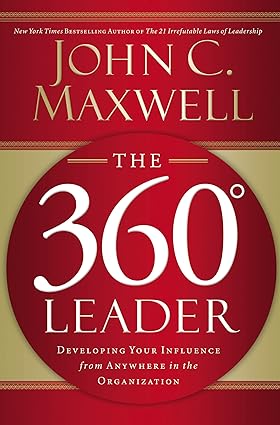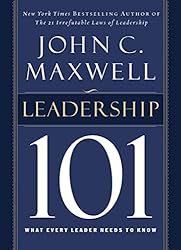Sir Henry Rider Haggard KBE (/ˈhæɡərd/; 22 June 1856 – 14 May 1925) was an English writer of adventure fiction set in exotic locations, predominantly Africa, and a pioneer of the lost world literary genre.[1] He was also involved in agricultural reform throughout the British Empire. His stories, situated at the lighter end of Victorian literature, continue to be popular and influential.
His novels portray many of the stereotypes associated with colonialism, yet they are unusual for the degree of sympathy with which the native populations are portrayed. Africans often play heroic roles in the novels, although the protagonists are typically European (though not invariably). Notable examples are the heroic Zulu warrior Umslopogaas and Ignosi, the rightful king of Kukuanaland, in King Solomon’s Mines. Having developed an intense mutual friendship with the three Englishmen who help him regain his throne, he accepts their advice and abolishes witch-hunts and arbitrary capital punishment.
Three of Haggard’s novels were written in collaboration with his friend Andrew Lang who shared his interest in the spiritual realm and paranormal phenomena.
Haggard also wrote about agricultural and social reform, in part inspired by his experiences in Africa, but also based on what he saw in Europe. At the end of his life, he was a staunch opponent of Bolshevism, a position that he shared with his friend Rudyard Kipling. The two had bonded upon Kipling’s arrival at London in 1889, largely on the strength of their shared opinions, and remained lifelong friends.[22]



















